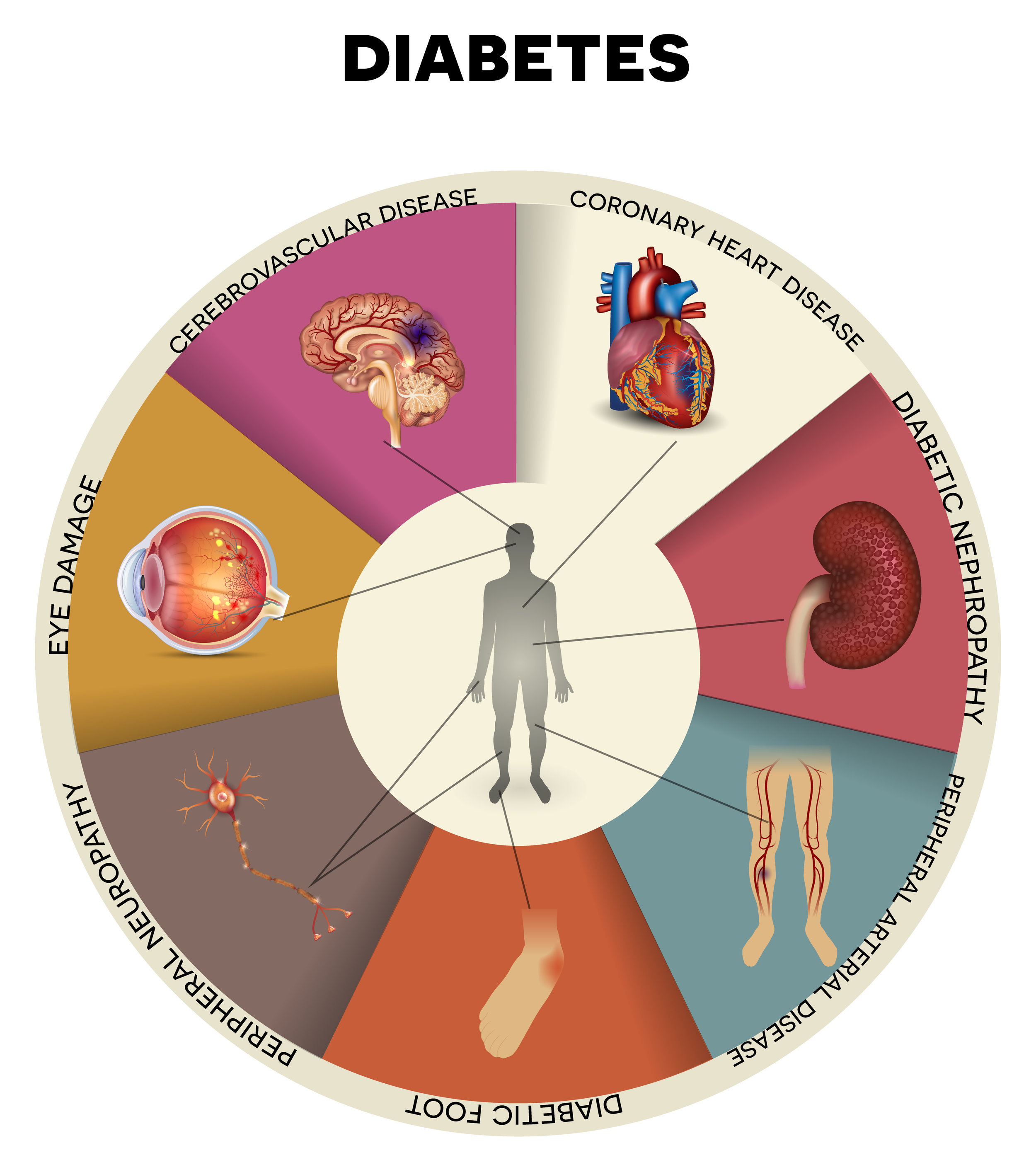EYE EXAMS | Diabetic Eye Care
Cost: Covered by Alberta Health Care*
Includes: Dilated Retinal Exam and Optomap Retinal Imaging, Visual Field, and OCT Retinal Imaging when required
Frequency: Every 12-Months or as directed by your optometrist
EYE EXAMS AND DIABETES (TYPE 1 & 2)
Diabetes is one of the leading causes of vision loss and blindness in Canada. It’s estimated that nearly 1 in 3 Canadians is currently impacted by this condition and the prevalence is growing. You can learn more about the risk by visiting Diabetes.ca
Type-1 & Type-2 Diabetes Affect Your Eyes
We would like to help you manage your diabetes and reduce your risk of diabetic eye disease through routine eye health examinations and proper disease management with your diabetic specialist. We provide convenient appointment times (nights & weekends), offer the simplicity of online scheduling, and annual reminders (Email, Phone Calls & Letters).
Our optometrists are trained to detect the early signs of damage from diabetes, as we have the tools and instruments to examine the small blood vessels within your eyes. To better visualize the retina, your optometrist will perform a dilated retinal examination which may result in some light sensitivity and blurry vision which will last 2-4 hours. When required, we use high-resolution retinal photography and advanced OCT imaging to examine your ocular health thoroughly.
blood sugar meter - check daily
Alberta Health Care covers the cost of an annual diabetic retina exam for all Albertans who have been diagnosed with Type-1, Type-2 or gestational diabetes. So please use your Alberta Health Care card for prevention.
Diabetic retinal exams do not produce a prescription for eyeglasses or contact lenses but focus on uncovering diabetic eye disease.
You may combine your diabetic retinal exams with your annual eye exam if you're looking to update your glasses or contact lenses.
Diabetes Retinopathy - What is Your Optometrist Looking For?
Diabetes can increase your chance of developing many types of eye health conditions, some of which include:
Increased chance of developing glaucoma
Increased chance of developing cataracts
Non-proliferative diabetic retinopathy - bleeding within the eye
Proliferative diabetic retinopathy - bleeding within the eye with new blood vessel growth
Papilledema (swelling) of the optic nerve head
Visual fluctuations 2nd to unstable blood sugar levels
Dry eye syndrome
When caught early, diabetic eye disease can be better managed and stabilized. Our office will ensure that all the appropriate referrals are made.
At your request, we will also provide an annual written report to your family physician to make sure they are up to date with your visual health and diabetic eye disease.
Diabetes - Why you should take it seriously
Diabetes is a systemic condition which means it can also increase your chance of developing other health problems, such as:
Heart Disease
Kidney Disease
Erectile Dysfunction in Men
Nerve Damage
Amputation
Eye Disease
Please monitor your blood sugars closely and record your findings in an app on your cell phone, in a ledger book or on the blood sugar meter itself. It's also a good idea to know what your HgA1C reading (the 3 month average blood test done by your family physician) to see if your blood sugars levels are steady. Tight control of your blood sugars not only helps to prevent medical problems, but better helps you to understand this condition and how food, stress and physical activity affect your body chemistry.
Diabetes - What your should bring to your eye exam
Your Alberta Health Care card - this allows us to bill the government for the dilated retinal exam
Government Issued Photo-ID - Required with for Alberta Health Care visits.
Name of Your Family Doctor or Diabetic Specialist - We like to send them a letter at the conclusion of the eye exam, letting them know our findings.
A list of your current medications
Your last few blood sugar readings and if they're stable
Your last HgA1C reading and if they're stable or rising
If you've ever had any previous eye surgeries
Related Blog Posts: Diabetes
Important Diabetic Eye Exam Information:
**Alberta Health Care covers all diabetic patients for an annual dilated retinal health evaluation. Patients must present a valid Alberta Health Care card, at the time of the appointment along with picture ID. Dilated retinal health examinations look only at the overall eye health, and will not produce a prescription for glasses or contact lenses. This program was introduced by the Alberta Government to help patients receive timely access to eye care, and minimize devastating vision loss from diabetes. Patients with diabetes no longer need a letter from their physician to see an optometrist.
To learn more about diabetes, please visit the Canadian Diabetes Association website.













